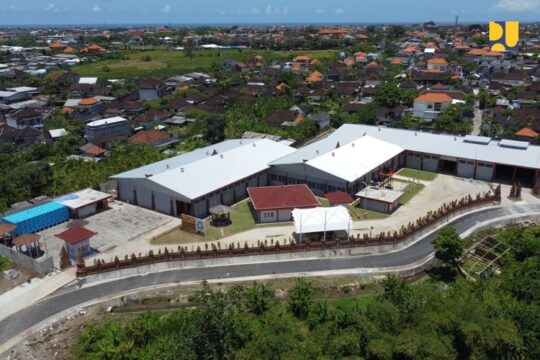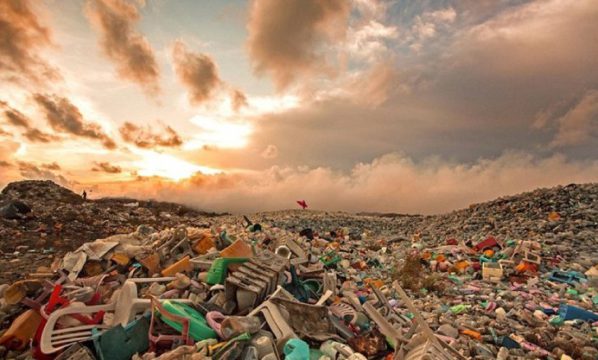TPST (Waste Disposal) Plants in Bali continue to disappoint. The plants still need to meet operating targets and have received repeated written warnings and deadlines from municipal authorities. The TPSTs continue to operate on a sub-standard basis while contaminating the environments of surrounding areas and neighborhoods.
PT Bali Citra Metro Plasma Power (Bali CMPP) operates two plants in Kesiman Kertalanggu and Padangsambian Kaja, which have never exceeded 60% of their targeted operating capacities.

The Head of the Denpasar Trash and Garbage Management Service (Pengelolaan Sampah Dinas LHK Denpasar), Viktor Andika Putra, said on Thursday, 25 July 2024, because several important issues remain unresolved, a second formal warning letter has been sent to the management of the two TPSTs regarding their inability to meet their contractual obligation to provide one-day service, to sufficiently shred all trash materials for eventual processing, the ending of offensive presence of trash residue, and an inability to produce “refuse derived fuel.”
The management of the two TPSTs is also being formally reprimanded for foul odors emanating from the plants that blanket residential areas surrounding the plants. The smells are linked to the smoke being expelled by the TPSTs’ smoke stacks, fouling the atmosphere of the residential regions, nearby recreational beaches, places of worship, a home for older people, a 5-star resort, and an international school.

Residents are up in arms about the odor and are concerned that the long-term health of those living in the surrounding communities may be adversely affected. Residents have posted large signs on nearby main roads pleading for the government to take decisive action.
The second warning letter issued by the Municipality of Denpasar demands that the problems listed above must be wholly and finally resolved.
The letters sent to PT Bali CMPP also demand that the refuse-derived fuel (RDF) not be dried in outside areas and that the factory’s smoke emissions be made odor-free and minimalized.
Viktor Andika Putra said the Kertalanggu plant is processing only 168 tons of refuse daily from a targeted capacity of 450 tons daily. This is less than the targeted capacity of the TPST.
Meanwhile, the Padangsambian TPST only manages to process 36 tons of trash daily from a targeted capacity of 120 tons per day, “This is also well below 60% of the stated capacity of the plant,” said Viktor.
The Denpasar Municipality also withholds partial payment to PT Bali CMPP for failing to perform to the agreed contract standards. The City of Denpasar also cites other contractual requirements for final operational certification and equipment checks as the basis for withholding payments to PT Bali CMPP.
The plants were originally targeted for completion and full operations in 2022.
Related Links
Bali’s Failed TPST Plants Face Daily Fines
Lingering Odor: Bali TPST Plants Off-Line
Raising a Stink Over Waste Disposal in Bali
Bali Waste Disposal Plants Underperforming
Bali Waste Processing Plague by Problems
TPST-Kertalanggu Bali: The Odor Lingers On
Stay Informed on Bali Tourism-Related News: Subscribe to Bali Update






